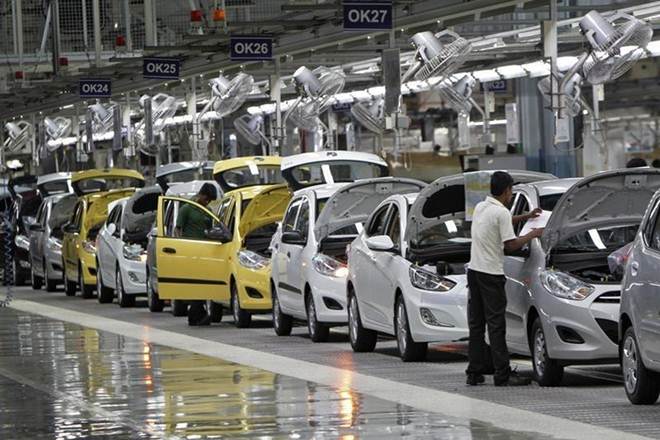As India faces a weakening economic growth, slipping behind China, a top RBI official has said that the current economic slowdown is not particular only to India, but is global in nature. Consequently, it’s up to all the large nations of the world to come together to act to revive the world economy, B P kanungo, Deputy Governor, RBI said in the Forex Association of India Conference in Singapore. “The government and policymakers are supposed to benefit their own countries, however, the collateral effect of their actions on the rest of the world can be significant. Hence, the need for coordinated actions amongst the leaders of the larger nations is important,” he added.
The enhancement in globalisation of trade, manufacturing, services, supply chain, capital movement, etc. has created a substantial interdependence. If all the trading countries impose retaliatory tariffs, it becomes a negative-sum game affecting global welfare and welfare of individual nations to a varied extent, he further added.
“The process of globalisation has brought problems and discontent in its wake, but wisdom lies in addressing them rather than disbanding the process,” says IMF Chief Economist Gita Gopinath. Trade war and geopolitical disputes may arise self-inflicted tension leading to weak global growth but there is no scope of deglobalisation. Globalisation is an irreversible process and it has been progressing for a long time, she added.
Talking about the current geopolitical tension, B P Kanungo said that though there are discouraging portents for the global economy and uncertainties arising from trade tensions and geopolitical developments, coordinated policy response and dispute resolution within a multilateral framework can boost the growth. Free trade, a consequence of globalisation, enhances welfare as the free market economics such as specialisation, comparative advantage and productivity gains whereas competitive protectionism through tariff barriers contributes to the global economic slowdown.
The exchange rate and the price of the foreign currency normalised to the home currency is an important macroeconomic variable. It is determined by economic fundamentals and influences behaviour of economic agents. Issue of transparent and fair pricing of foreign exchange transactions has been a barrier for MSMEs and small businesses. Previously, they were not allowed to access the FX trading platforms of individual banks, followed by which the RBI has decided to develop a web-based platform.


